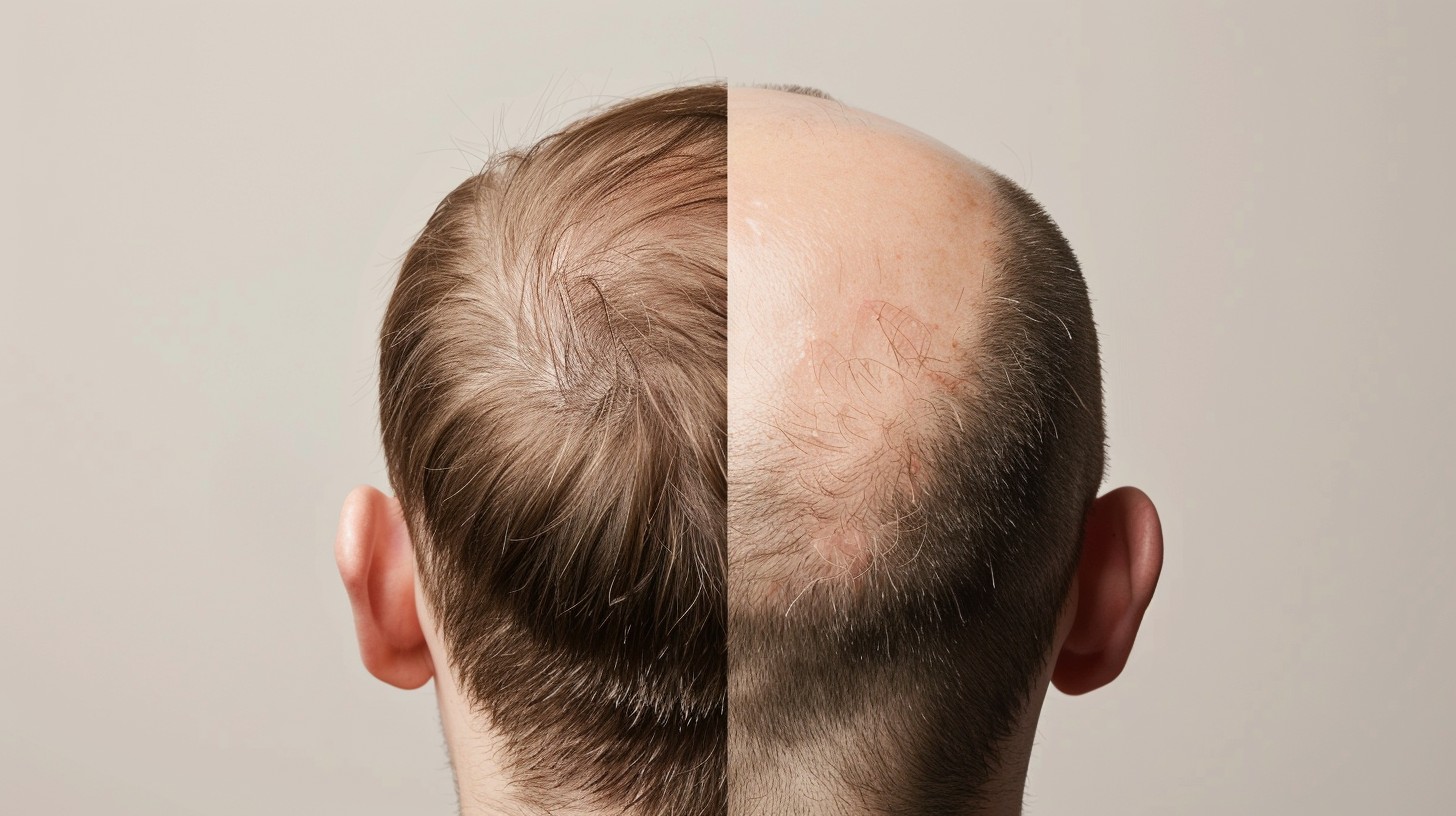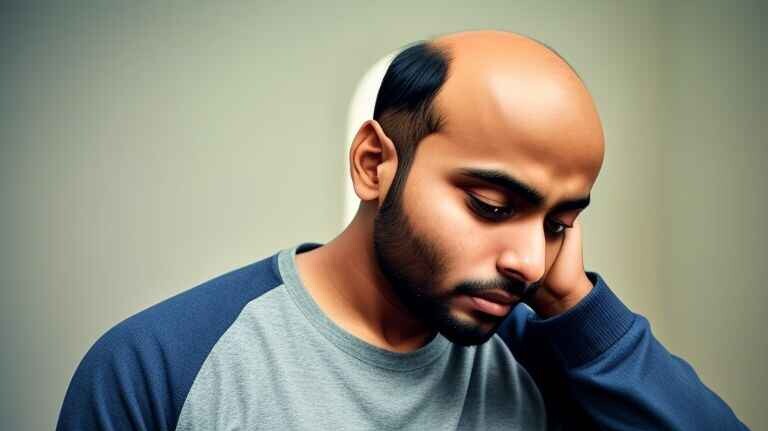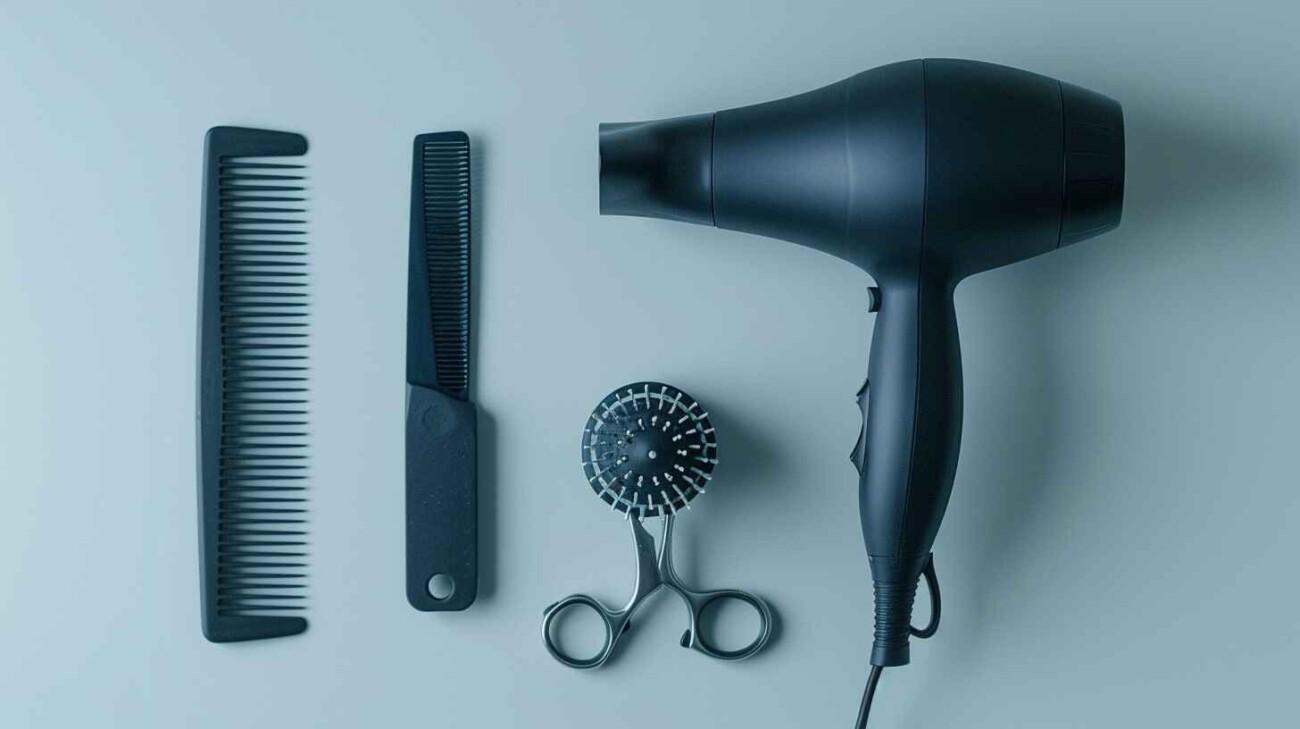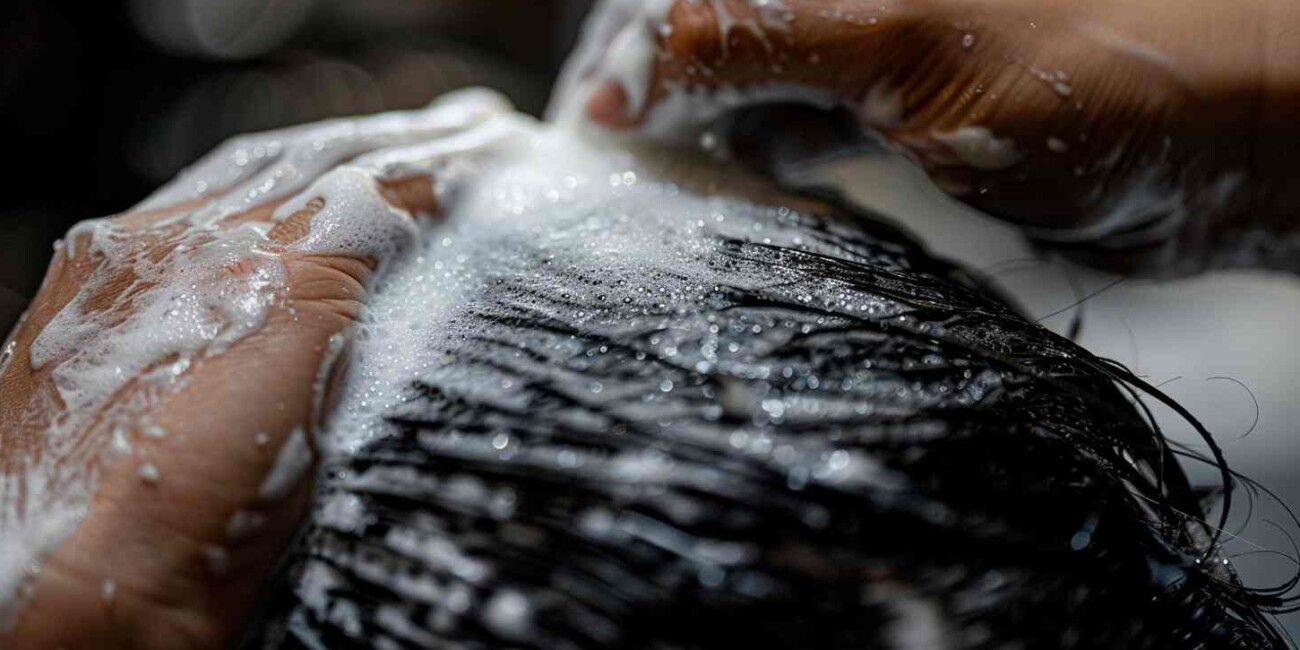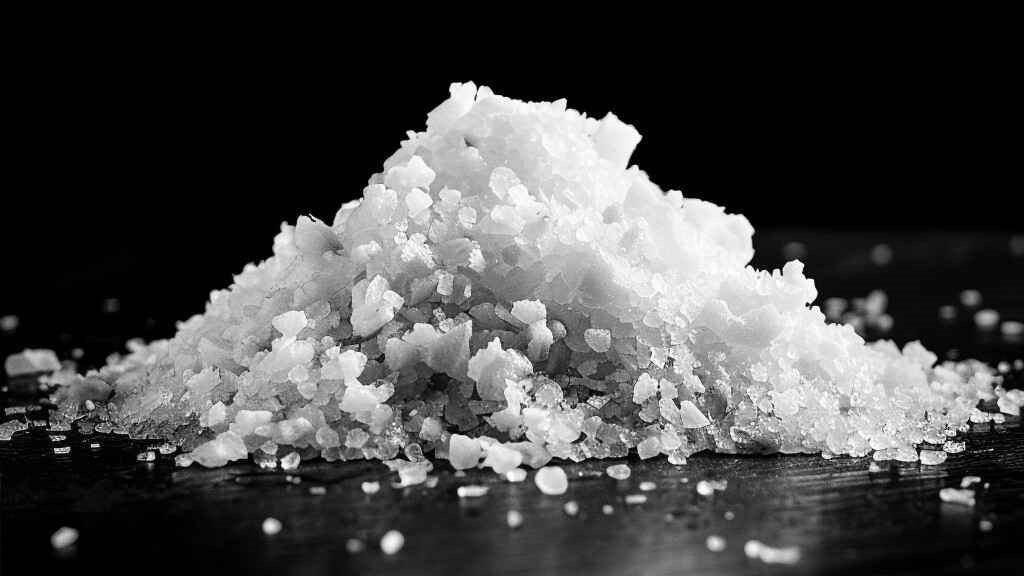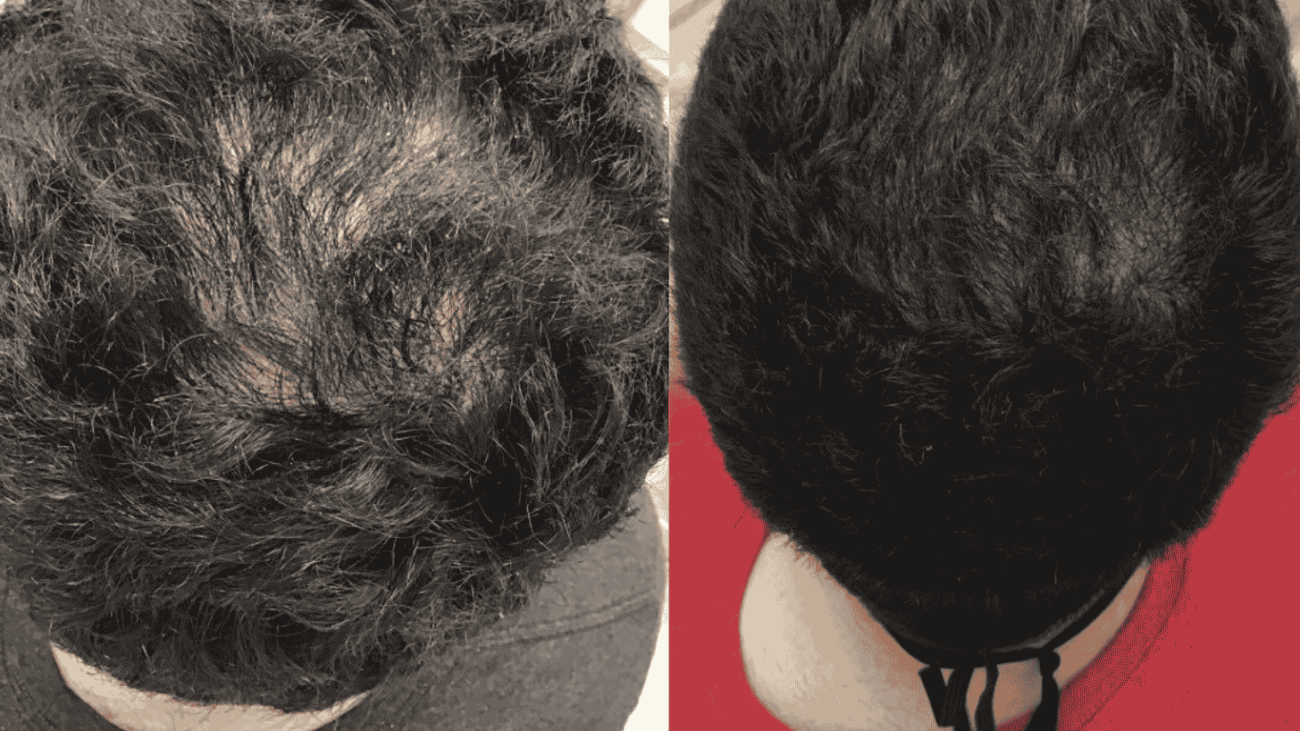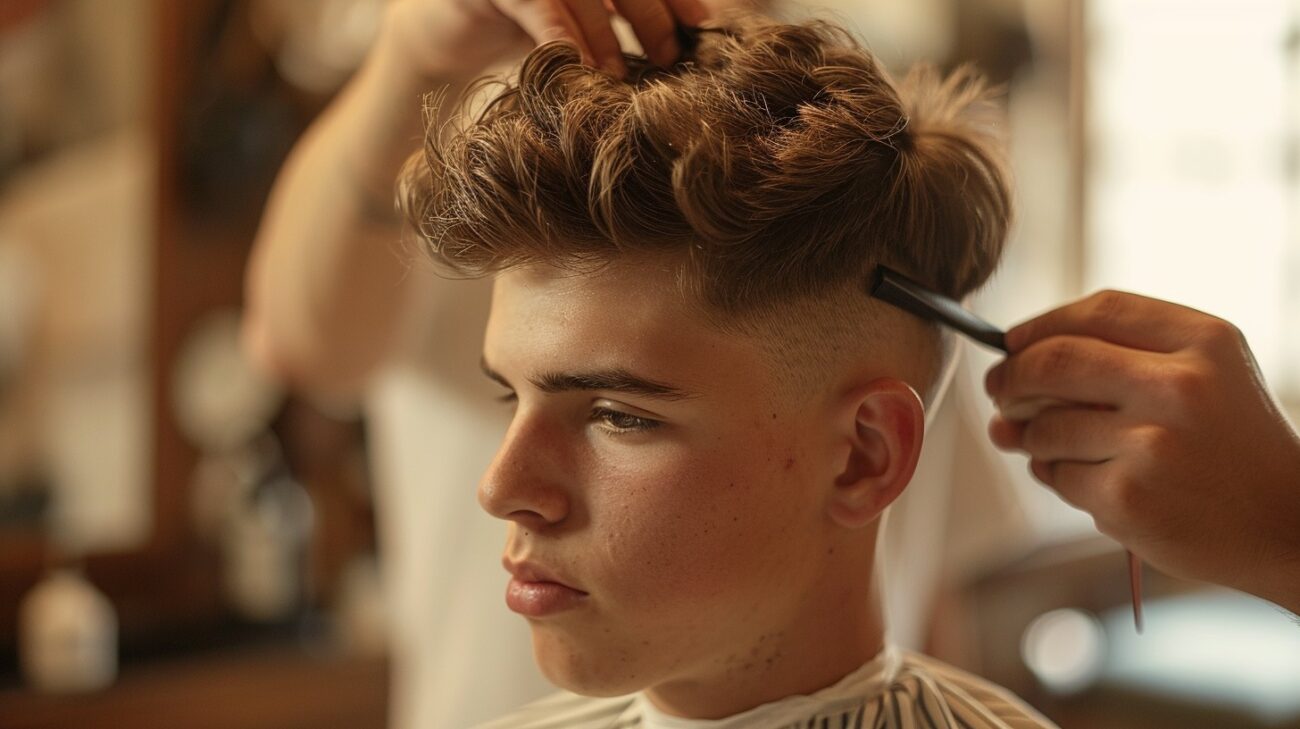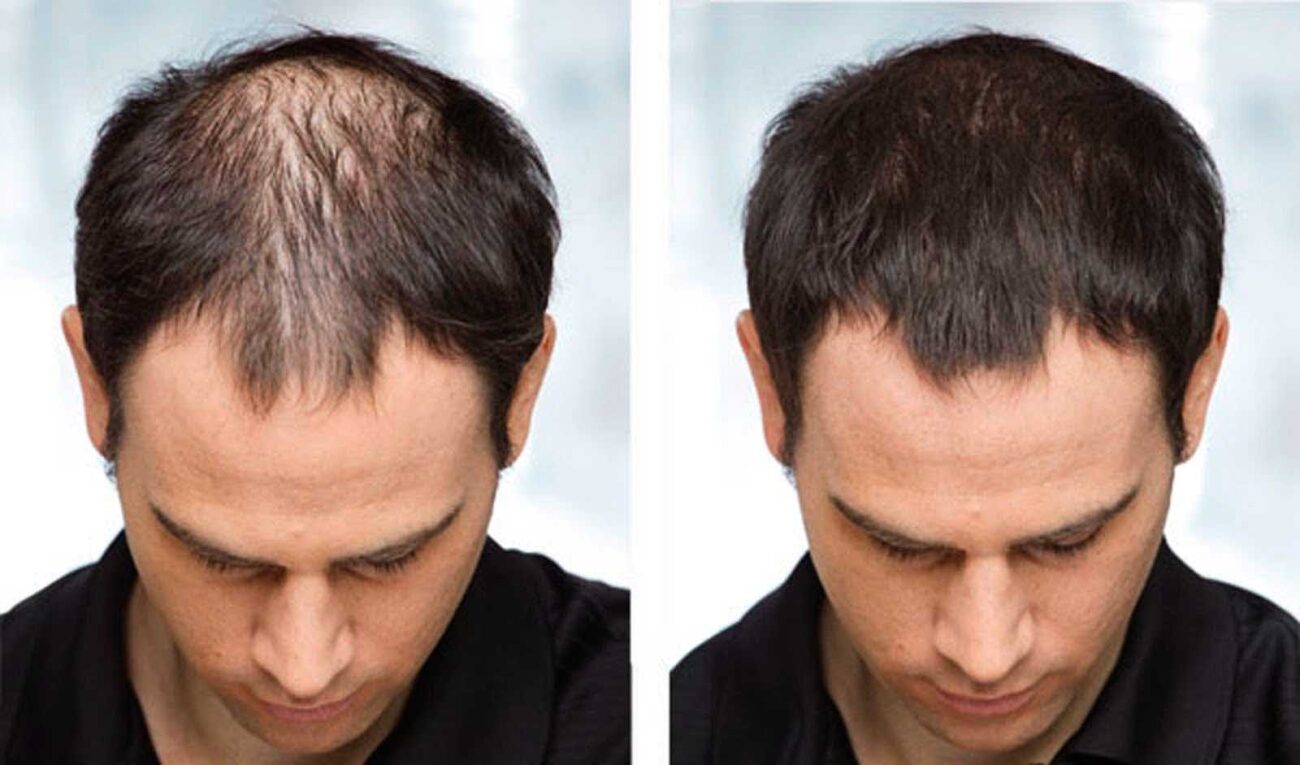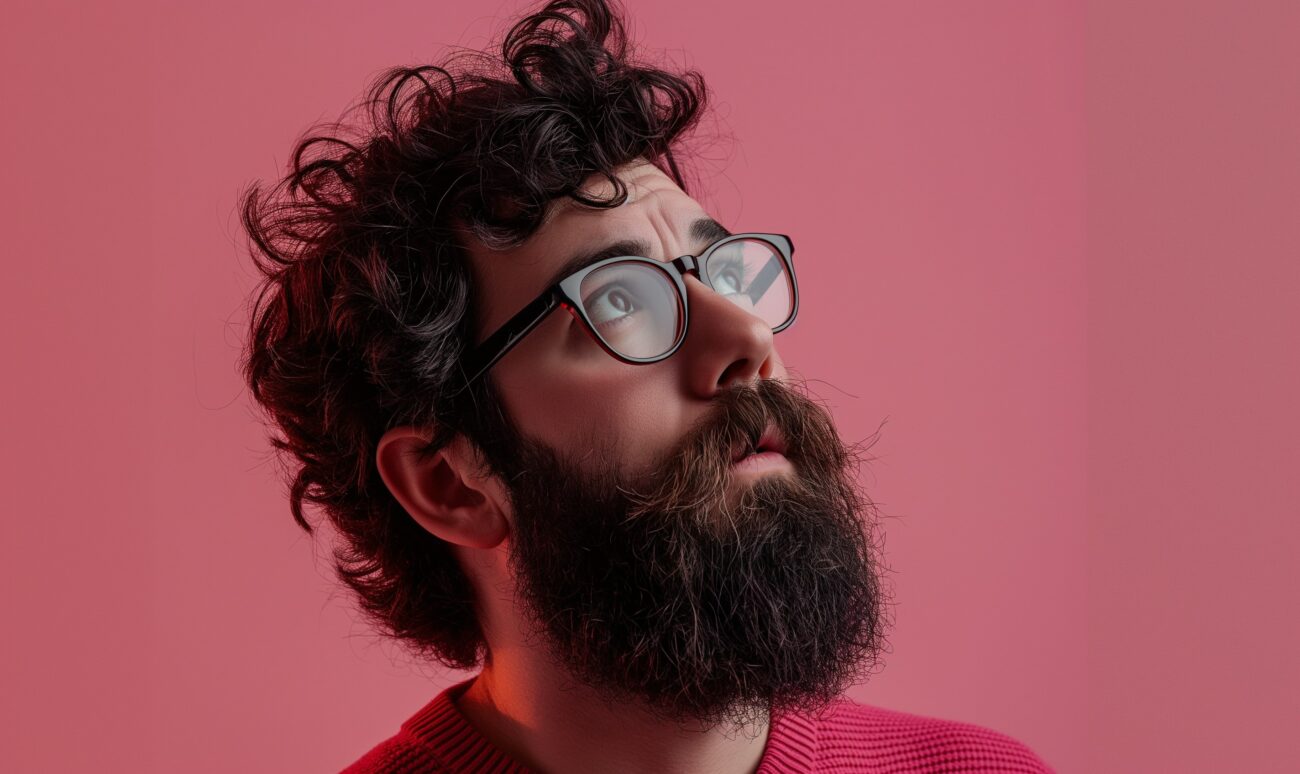Have you ever wondered why hair falls out and what common hair loss factors are? Chances are you ended up here because of the severe hair loss that you recently underwent. There are “N” number of reasons for hair fall. It could be nothing but because of simple stress or it could be genetic transfer. However, it is best to figure out sooner before it is too late. This blog is about the top 5 major causes of hair loss with solutions to prevent it. Without further delay, let us get into it.
Understanding Hair growth and hair fall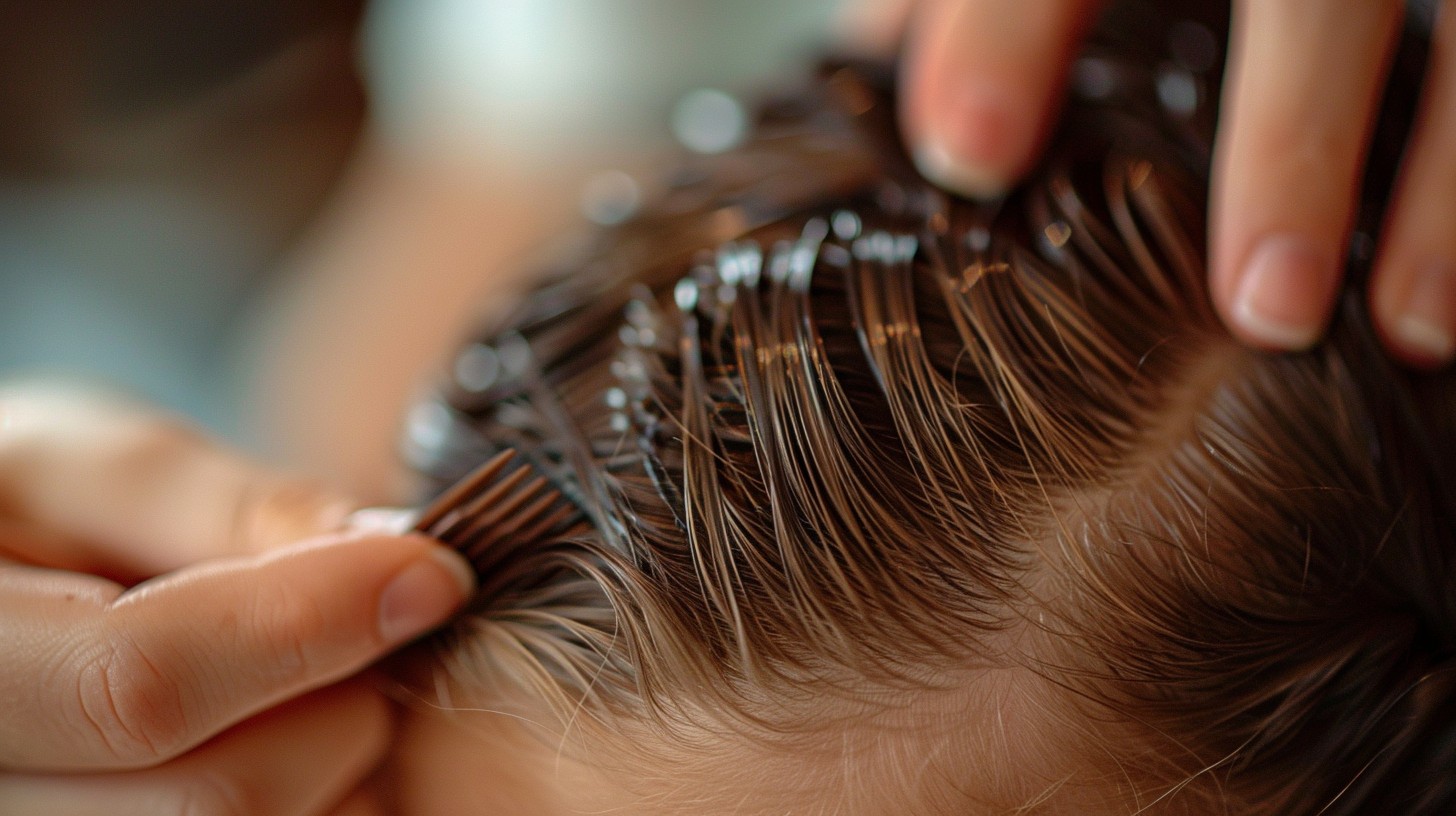
Before getting into the causes of hair loss, it is important to have a minimal understanding of how the hair life cycle works. The hair growth life cycle involves 3 phases, given here:
- Anagen Phase (Growth phase) - this is where hair is actively growing and it can last between 2 to 7 years
- Catagen Phase (Transition Period) - This short phase lasts about 2-3 weeks when the hair stops growing and detaches from the blood supply.
- Telogen Phase (Resting Phase) - Lasting around 3 months. This phase is when the hair rests before eventually shedding to make room for new hair growth.
General Symptoms of Hair Loss
Check whether these symptoms occur to you.
- Excessive hair loss (over 150 hairs a day) from the scalp
- Hair loss from other parts of the body, apart from your head
- Thinning of hair on the head, especially the scalp
- A receding hairline
- An M-shaped pattern in front of your head, just above your forehead, leaving the crown of the head exposed
- Clumps of hair on your pillow
- Excessive hair loss while shampooing
- Extreme hair fall during brushing, combing and styling
- Witnessing hair fall even after changing the hair products
What are the causes of hair loss?
By doing in-depth research, we have segregated the top 5 causes of hair loss and hair thinning which are given below
Genetic Problems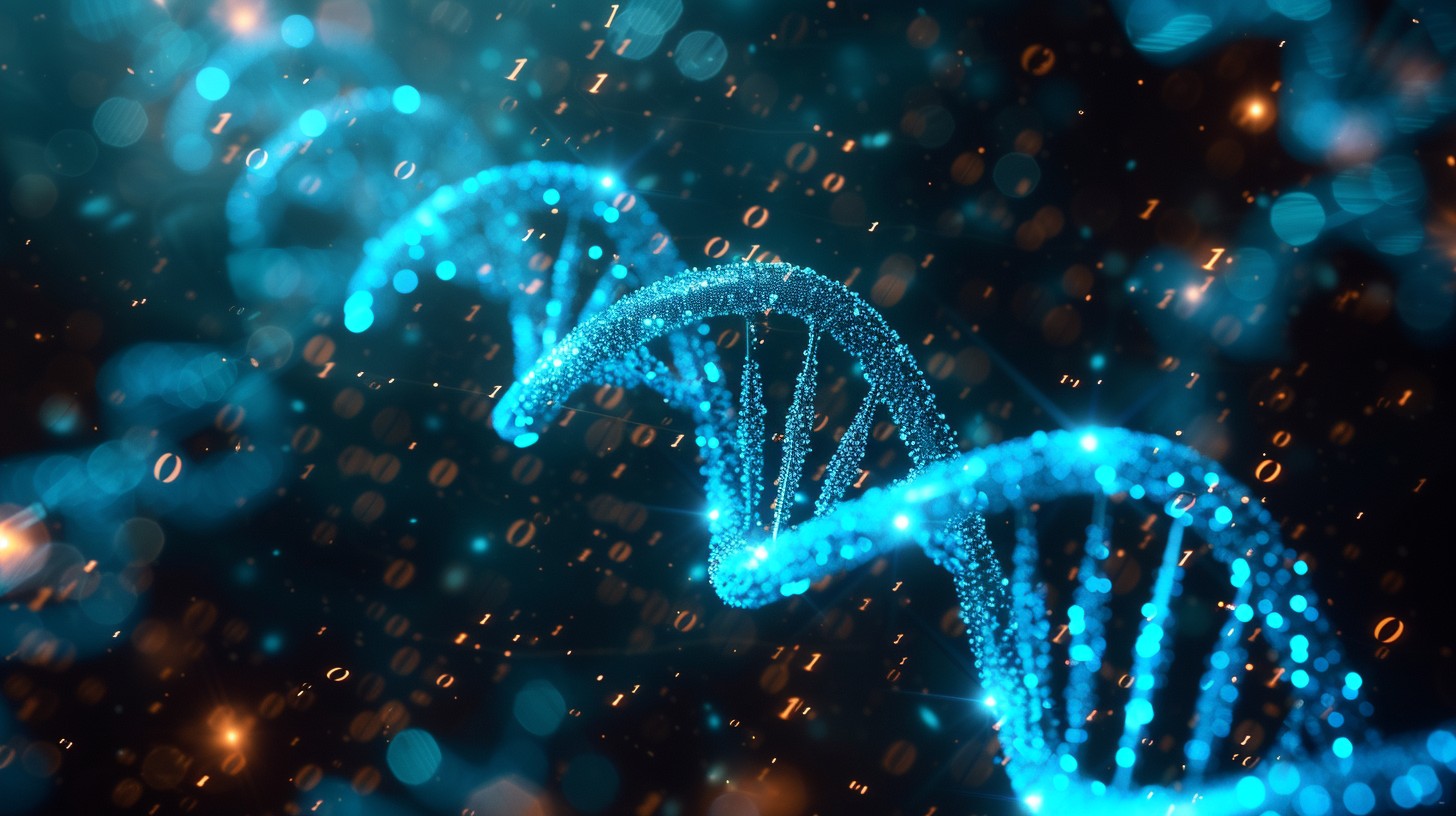
One of the most common causes of hair loss is genetics. This hereditary hair loss is also called Androgenetic alopecia, which is responsible for male and female pattern baldness. Such a condition does not appear younger but after 30 years of age. Men normally go through a receding hairline or thinning on the crown. Whereas women experience a general thinning of hair all over the scalp. This type of hair loss is gradual and becomes more noticeable with age. If your parents or grandparents experienced hair loss, there is a higher chance you might as well.
What should you do for hair loss because of genetics?
You can't help your hair much with genetic problems, but fortunately, you might avoid the triggering point that hair awaits for extensive fall. Or if you are already on a terrible journey of hair loss, you can bring your hair back by using the best hair serums available in the market. Compounds like anagen, bicapil, and minoxidil are a few solutions for curing hair loss caused by AGA (Androgenetic Alopecia).
FAQ: What is the most common cause of hair fall?
The most common cause of hair fall is genetic, known as Androgenetic Alopecia or pattern baldness.
Hormonal Imbalance
Hormones play a major role in promoting hair growth. If there is a smooth regulation of hormonal flow, no hair fall occurs. But if the flow somehow gets interrupted, various problems like thyroid disorders, dihydrotestosterone (DHT) and Telogen Effluvium may occur and they have a direct link with hair loss.
Thyroid disorders, such as hypothyroidism and hyperthyroidism, could disturb the hair growth cycle we already saw. Dihydrotestosterone (DHT) a derivative of male hormone testosterone, is another primary culprit here. DHT shrinks hair follicles, leading to thinner hair and eventually causing hair to fall.
Women may also experience hair loss because of hormonal changes during pregnancy and after childbirth or during menopause. These changes can trigger Telogen Effluvium, a condition where more hairs enter the resting phase (Telogen phase), leading to noticeable hair shedding.
Symptoms of Hormonal Imbalance
Now we know that hormone imbalance and hair loss are interconnected, If you doubt, you are undergoing hair loss due to hormone imbalance, See if you have these symptoms.
- Irregular periods
- Sudden mood swings
- Acne
- Weight gain
- Bald spots
- Excessive hair growth elsewhere (excluding head)
- Hair thinning and sudden hair loss
What should you do at this point?
- Have a minimum 8hrs of sleep
- Follow a healthy diet
- Have a proper eating and sleeping routine
- Look for a doctor and take medications.
Environmental Factors
Being wanderlust is an adventurous journey and on everyone’s bucket list! Getting it. But Pollution can coat the scalp with dust and harmful particles which clog the hair follicles, leading to hair loss. Exposure to chemicals and toxins, polluted air, water, or harsh hair products can weaken hair and cause it to fall out. UV radiation from the sun can also damage the hair, making it dry, brittle, and more prone to hair loss.
What should you do?
- Wash your hair after coming from dusty places
- Wear a cap to protect your hair from UV Rays
FAQ: Does washing hair frequently cause hair fall?
Washing hair frequently does not directly cause hair fall. However, using harsh shampoos or improper washing techniques can contribute to hair damage and breakage.
Hair care practices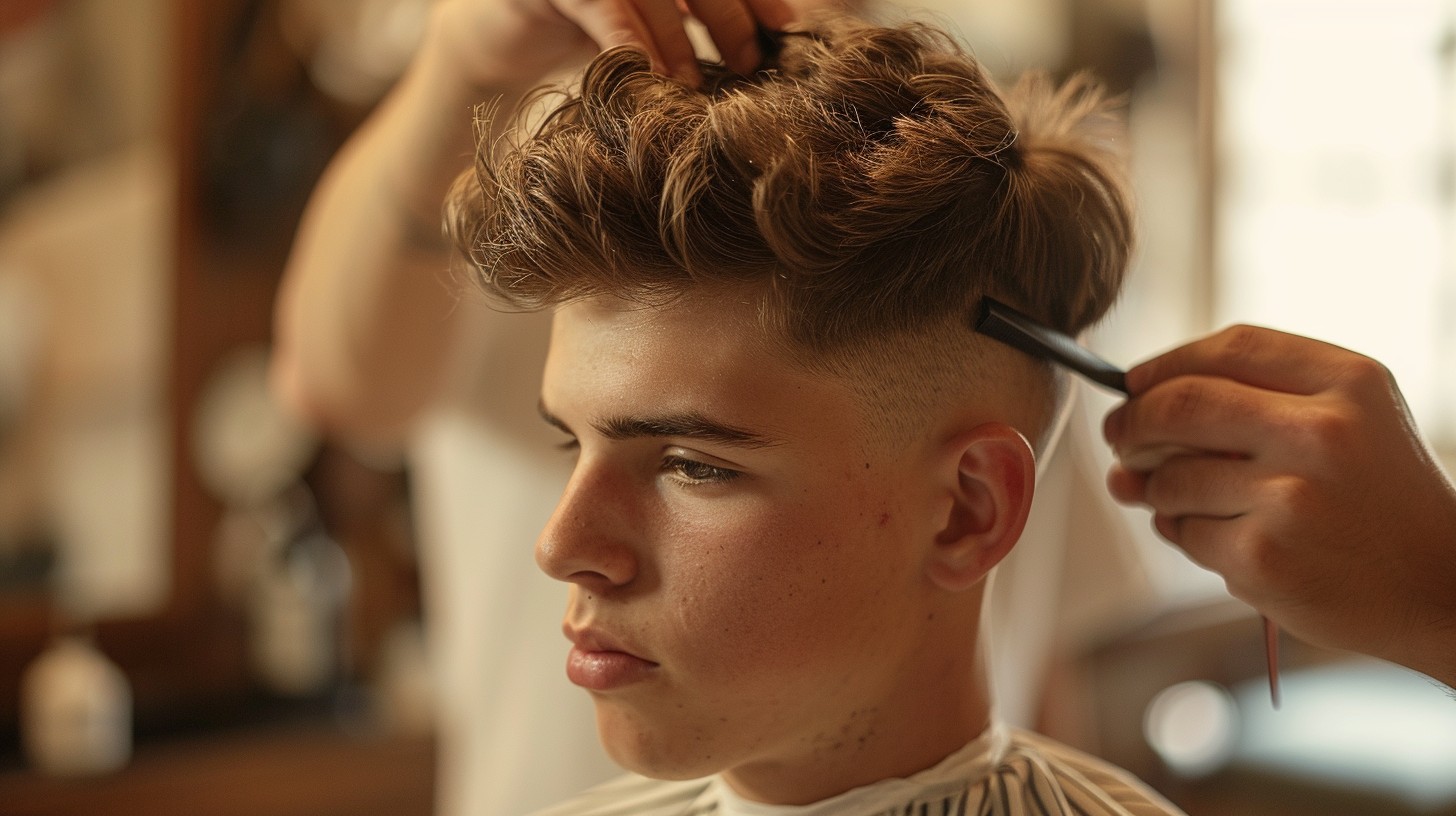
How you care for your hair has a direct link to raising its health. Excessive styling, especially with tools like straighteners and curling irons can damage hair and lead to breakage. Overuse of chemical treatments such as colouring, perming, and relaxing could de-escalate hair strands, making them more likely to fall out. Even everyday hair practices like improper washing or brushing might kick in hair loss. Tight hairstyles, like ponytails and complex braids, can cause traction alopecia, where constant pulling leads to hair loss.
Check out: The best hair care practices from 10 BEST HOME INGREDIENTS FOR HAIR LOSS
What should you do?
- Avoid using heat hair tools like straighteners or curling irons
- Do not overuse chemical treatments such as colouring and perming
- Do not handle your hair roughly while combing
- If you are a woman, wear ponytails and complex hairstyles on occasional days
Unhealthy Diet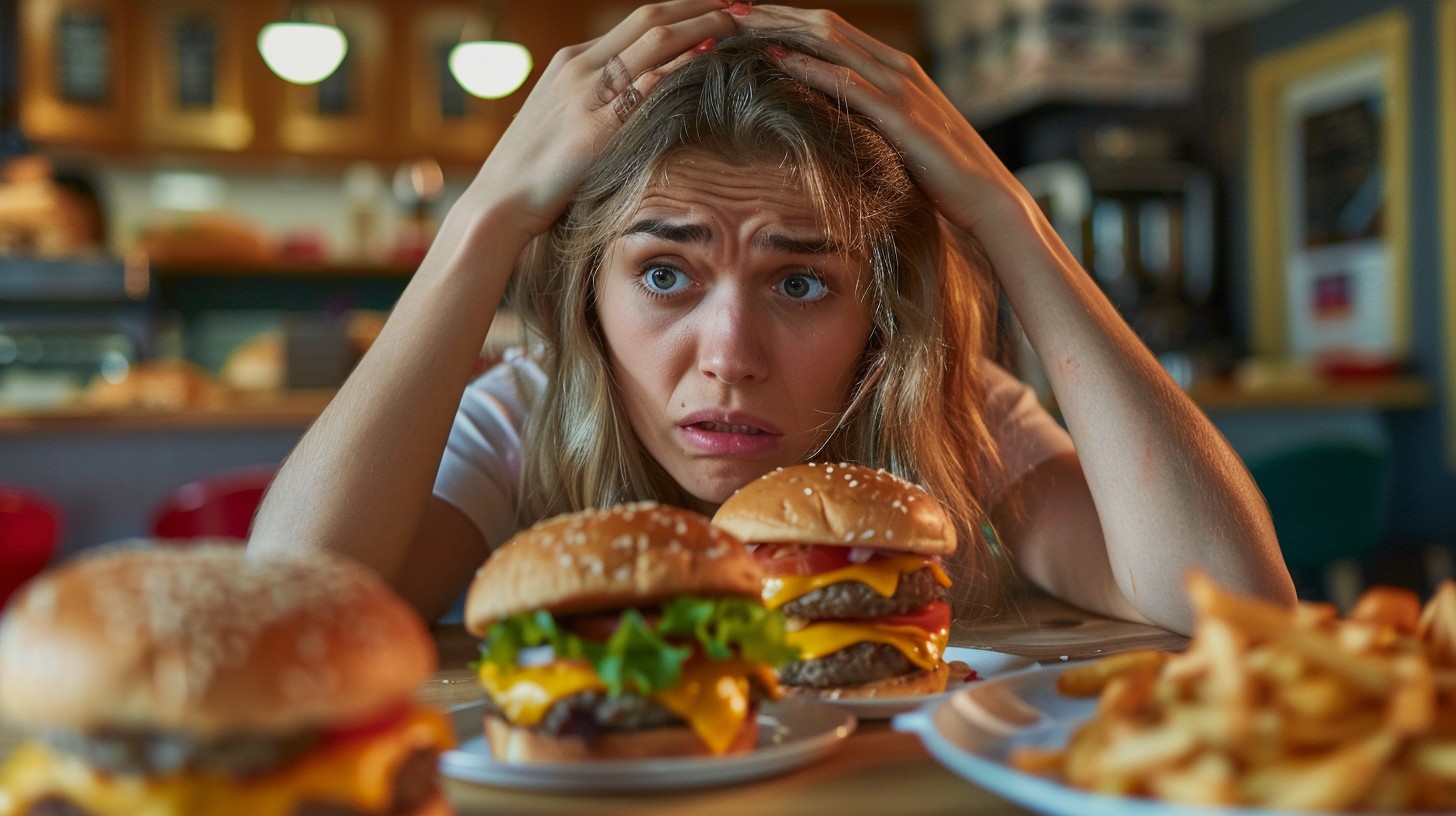
If you are someone who skips veggies and is a prolonged junk eater, chances are you might have hair loss because of an unhealthy diet. Deficiencies in essential nutrients can lead to hair fall. Iron deficiency, for example, is a common cause of hair loss, particularly in women. Iron helps red blood cells carry oxygen to the cells. This includes hair follicles, too. Without enough iron, your hair follicles cannot function properly, which might later end up in extreme hair fall.
Other nutrients that are crucial for hair health include Vitamin D, Biotin and Zinc. Remember, sound health is a sound body!
What should you do for unhealthy hair?
- Avoid poor eating habits
- Follow restrictive diets
- See if you have an eating disorder and seek help
- Add veggies, fruits, seeds, and nuts to your meals
- Take hair supplements (if needed)
Also Read: Major Causes of Hair Loss and Ways to Prevent it
By taking proactive steps, such as maintaining a healthy diet, managing stress, and practising good hair care, you can keep your hair looking its best for years to come. For more insights, read our previous blogs and check out top-branded products here.






